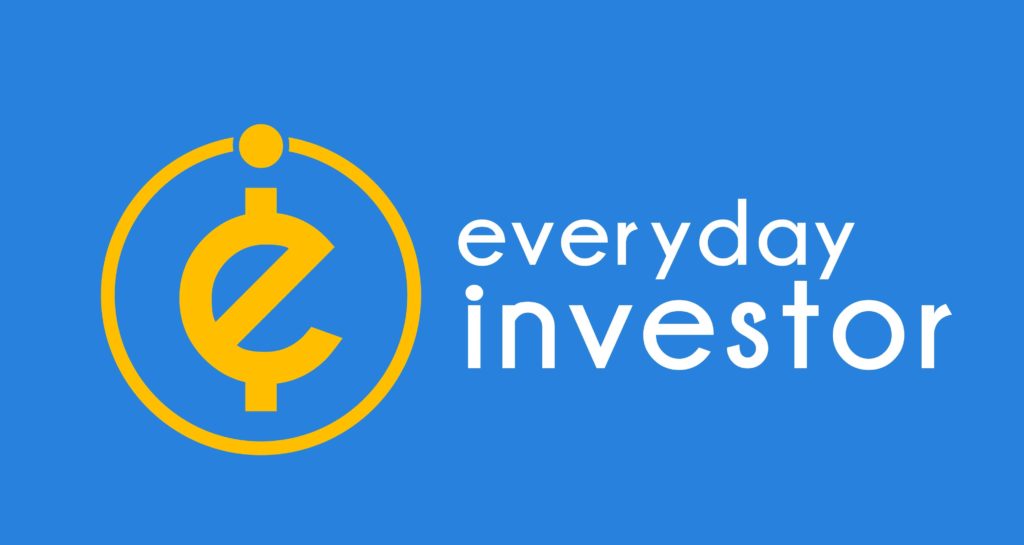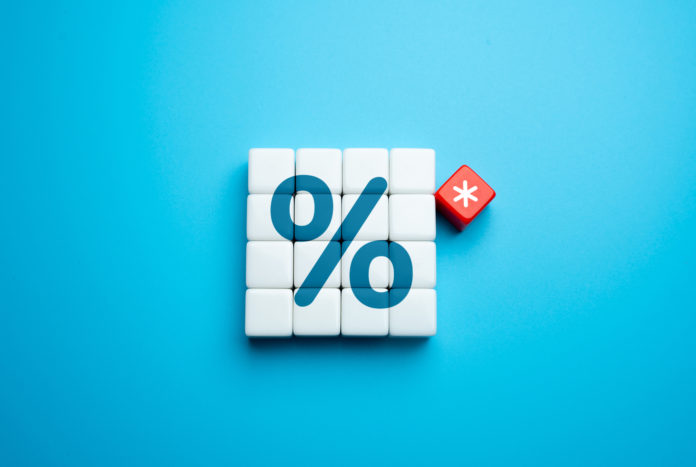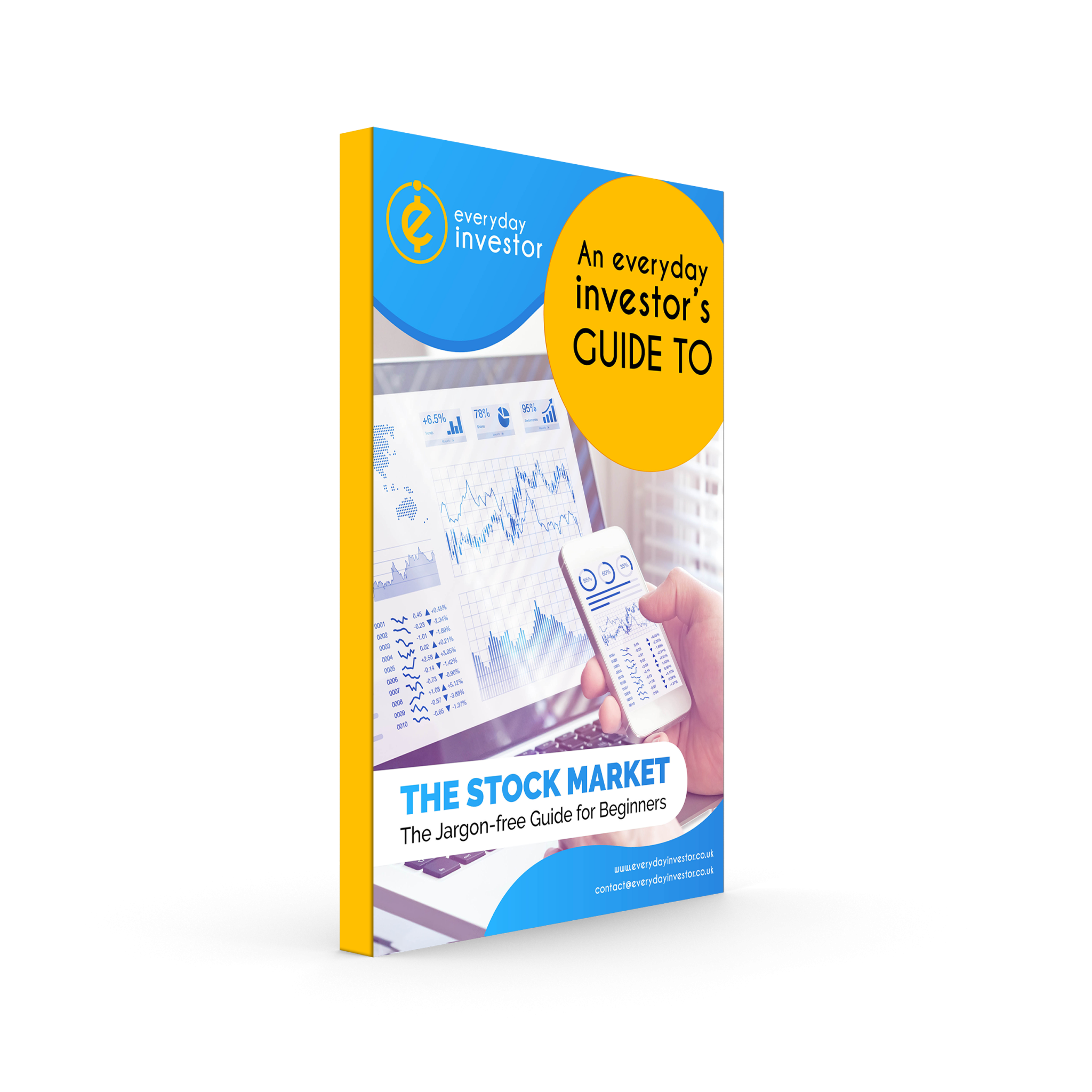The different investment charges. Everything a beginner should know
As a new stock market investor, it’s essential to understand the often-overlooked area of investment charges and fees. These seemingly small costs can significantly impact your overall returns, so understanding and navigating them wisely is crucial for making decisions that are right for you.
To buy and sell shares (or funds) you would typically open an account with an online investment platform (also known as share dealing provider). Each investment platform has their own fee structure, which can be quite complex and difficult to compare directly to other providers. For this reason, the best starting point for any investor is to understand what the typical charges are.
The typical different investment charges
Platform management fees
Typically, this is a management charge for using the investment platform. Usually, this charge is expressed as either a fixed sum or a percentage of the total value of your portfolio.
The charge may be made monthly or annually, however annual is most common. For investment providers charging this fee annually, the fee could commonly range from 0.2%-0.45% (though it may be capped at a set monetary value). As a monthly charge the fee could typically cost £4.99 upwards.
This management charge may vary depending on the type of account you open with the investment provider. For example, the investment provider may levy different charges for Stocks and Shares ISAs, regular share dealing accounts and Junior Stocks and Shares ISAs.
To further complicate this situation, some providers set different %’s for the management charge depending on the total amount of money you have invested in your account. Always read the small print carefully.
Platform transaction charges
These are fees levied by the investment platform each time you buy or sell a share or fund. The fee can be a fixed per-trade charge or a percentage of the transaction value. You may also see these charges referred to as a commission. This charge could be anywhere from approximately £3 up to £12 depending on the investment platform. It is important to highlight that this applies when you sell as well as when you buy. Many beginners forget to factor in the cost of selling an investment when estimating their potential returns.
You will likely find with many investment platforms that the transaction charge can vary depending on multiple factors. The number of transactions (also called trades) you make per month can affect the cost. Some investment platforms have two tiers of transaction charges – one higher charge and one lower charge. The discounted charge is offered to investors who trade regularly and made a certain number of trades in the previous month.
The type of investment you are making can also affect the cost. Some providers only charge a transaction fee for the buying and selling of shares. Whereas the buying and selling of funds is free of a transaction charge. However this isn’t always the case, so consider what type of investment you plan to make when selecting your investment platform.
Like the management charge, the transaction fee can also vary depending on the type of account you hold (e.g. Stocks and Shares ISAs, regular share dealing accounts or Junior Stocks and Shares ISA).
Regular investing charges
Some investment providers offer the option of regular investing. This involves setting up a monthly direct debit to invest in particular shares or funds. Some investment providers do not levy a transaction fee for this, however others do and the charges can vary (typically £1.50 upwards if not free of charge).
Foreign exchange fees
If you invest in international shares or funds, you might incur additional fees for converting your currency into a foreign currency. The fees often range from 0.25%-1.5% depending on the investment provider and the amount of money you are investing.
Dividend reinvestment fees
Usually, investment providers offer the option automatically to re-invest any dividends you receive from shares you own, into purchasing additional shares in the company (or fund). Like regular investing charges, some investment platforms do not charge for this, however others do (typically £1.50 upwards).
Stamp Duty
This is a government tax levied on UK share purchases, currently set at 0.5% of the purchase price. If applicable, it is normally added automatically by the investment platform at the time of purchase. The charge should be clearly identified as part of the transaction process.
Fund fees
When investing in a fund, whether it is an index fund or a managed fund there will be some kind of on-going charge (usually taken annually). Actively managed funds are those where professional fund managers make investment decisions on behalf of the people investing into the fund. On the other hand, index funds seek to mirror the performance of a particular stock market index, such as the FTSE 100. Fees charged by managed funds are usually significantly higher than fees charged by index funds due to the extra costs involved in managing them. Fees charged by managed funds average around 0.75%, whereas some index funds charge less than 0.1%. This doesn’t necessarily mean managed funds are better – they are two different types of investment strategy.
Hidden investment charges to watch out for
While the charges mentioned above are relatively transparent when opening an investment account, these hidden costs can erode your returns if not carefully considered:
Bid-offer spread
This refers to the difference between the price at which you can buy an investment (ask price) and the price at which you can sell it (bid price). The wider the spread, the less you receive when you sell, impacting your overall return. It is driven by supply (the number of people selling the share) and demand (the number of willing buyers). This is particularly important if you are investing in small companies such as those listed on the Alternative Investment Market. Again, make sure you account for this in any calculations you make regarding your potential returns.
Inactivity fees
Some platforms charge fees if you don’t make any trades within a certain timeframe. If you’re a long-term investor who doesn’t plan to trade frequently, bear this in mind when choosing your investment platform.
Key takeaway on the different investment charges
When it comes to buying and selling shares, there are various charges to consider. These charges can vary significantly depending not only on the investing platform but also the type and value of investment. It is easy to make mistakes which can waste money and erode potential returns over the long-term. Before investing it is important to understand and compare the charges to find the best option for your circumstances
If you’re keen to learn more make sure you check out the rest of our website or grab a copy of our free Beginner’s Guide to Investing in the Stock Market.
All our content is provided for educational purposes only, to help you make your own decisions. We do not provide personalised advice. Therefore our content should not be considered an invitation, inducement, or recommendation to engage in any particular investment activity. Please review our disclaimer and website terms for full details.








